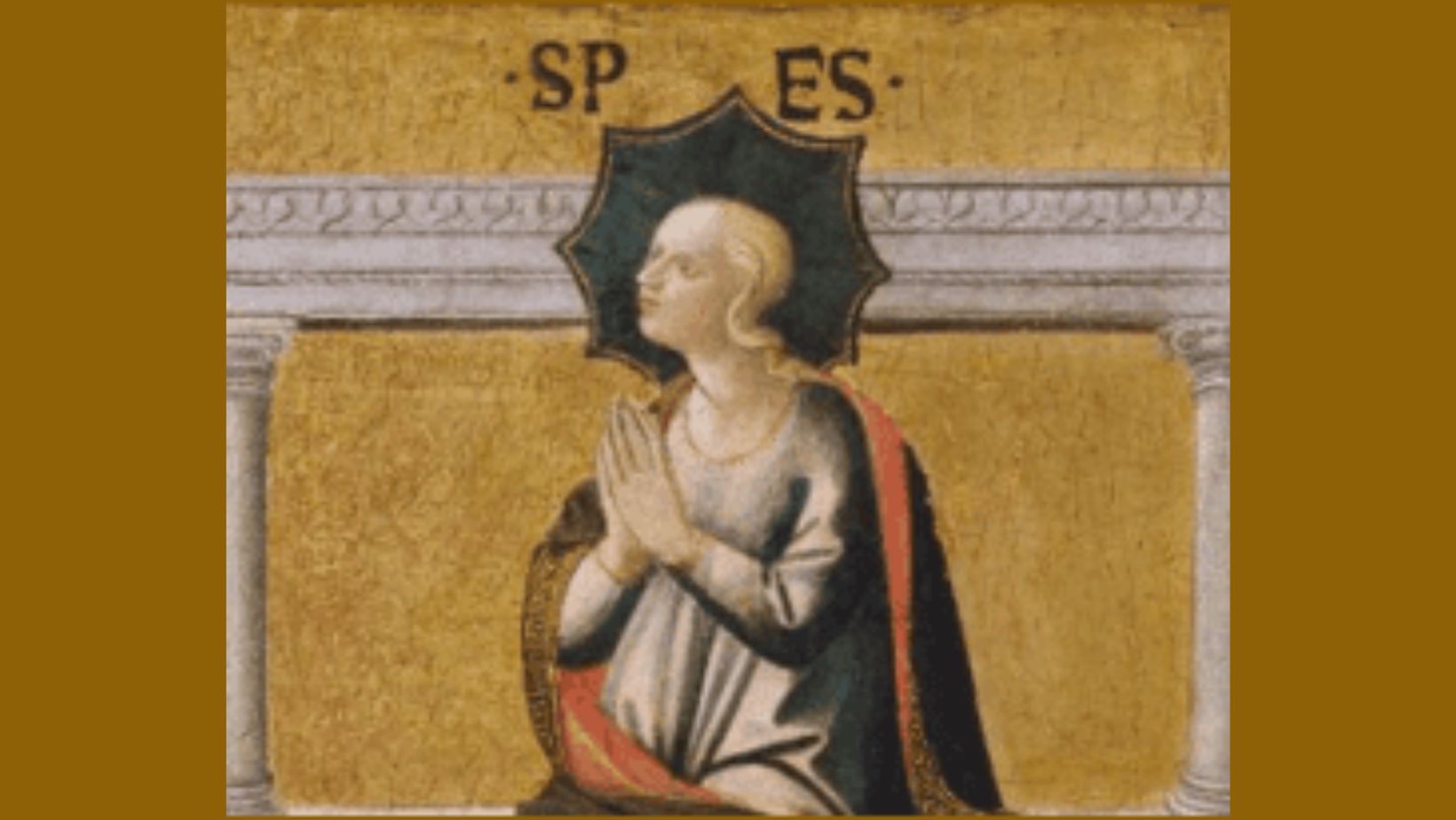Mon 5/20/2024 8:20 AM
Our sixth and penultimate virtue is hope. It is often misunderstood, and frequently confused with wishful thinking. Epicurus took a rather dim view of hope when he said, “[d]o not spoil what you have by desiring what you have not; remember that what you now have was once among the things you only hoped for.”
While he is surely correct that we must guard ourselves against discontentment—always wishing for more or for better things in life—the truth is that the opposite of hope is not contentment; it is despair. In Dante’s Inferno, the gates of Hell bear the inscription “Abandon all hope, ye who enter here.” Hell is the place of all hopelessness.
So, then, what are we to make of the virtue of hope? In Jeremiah 29:11, as Israel has been exiled out of their homeland and taken to Babylon, in the very worst of circumstances, the prophet speaks to the people, “‘For I know the plans I have for you,’ declares the Lord, ‘Plans for welfare and not for evil, to give you a future and a hope.’”
You see, hope is not wishful thinking, nor is it some silly optimism—it is a gift that we can enjoy only by acknowledging that, even in the hardest of times, the future belongs not to us, but to God.
I wonder, what difficult circumstances have you faced this year? And were you inclined to just wish them away? Or to wallow in despair, rather than to endure them with hope? And what is your hope for next year? A life of ease and comfort…or one built on the assurance of hope, that God has good plans for you, even when things seem to be at their worst? I know what my hope is for you all…
Have a wonderful day.


